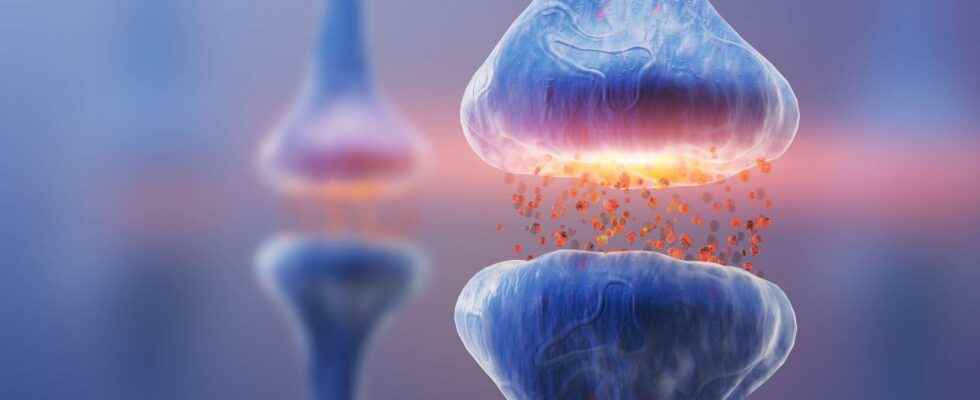The researchers were interested in a synaptic receptor. Its blockage would be involved in the occurrence of delusional beliefs and could explain why this anomaly would make it possible to detect the warning signs of psychosis, which is difficult to detect at an early stage.
You will also be interested
[EN VIDÉO] Hallucination: infrasound makes you see ghosts Why are some places more haunted than others? Is it simply because of their history, or is there a deeper origin behind the phenomena they house? Beyond the psychological explanation, the researchers say that another factor is at play, capable of affecting the most skeptical among us.
Why are we sometimes inclined to believe in the improbable against all odds? A study conducted by a team of neuroscientists and psychiatrists from Hôpital Sainte-Anne and the University of Paris, as well as the École Normale Supérieure – PSL and Inserm points to a specific synaptic receptor. Its blocking induces premature and aberrant decisions, as well as symptoms resembling those reported in the early stages of psychosis. The results have just been published in NatureCommunications.
When the world around us becomes unpredictable and uncertain, we become more likely to believe in the improbable — like conspiracy theories during a pandemic. This type of reaction to uncertainty is observed in an exacerbated way during the early stages of psychosis : a feeling of general strangeness precedes theemergence delusional beliefs. These early stages of psychosis are difficult to study because patients only access care when delusional beliefs are already installed.
The team, led by Valentin Wyart, Inserm research director within the Cognitive and Computational Neuroscience Laboratory (Inserm/ENS-PSL) and by Professor Raphaël Gaillard from the University of Paris at the Sainte-Anne-GHU Paris Hospital, studied the role of a specific synaptic receptor called NMDA (N-methyl-D-aspartate ) in the emergence of these aberrant beliefs.
In the brain, synaptic receptors regulate communication at the level of synapses, the contact areas between neurons. The researchers did not become interested in this receptor by chance. Indeed, encephalitis caused by an autoimmune reaction against the NMDA receptor is known to give rise to psychotic symptoms.
High feelings of uncertainty and premature decisions
To understand if a anomaly of this receptor promotes the emergence of beliefs outliers, the team asked a group of healthy volunteers to make decisions based on uncertain visual information while being intravenously administered a very low dose of ketamine, a molecule which temporarily blocks the NMDA receptor.
By comparing the effects of ketamine to those of a placebo on the behavior and brain activity of the volunteers tested, the researchers observed that the administration of ketamine produces not only a high feeling of uncertainty, but also premature decisions.
NMDA receptor blockade destabilizes decision-making
” Blocking the NMDA receptor destabilizes decision-making, favoring information that confirms our opinions over information that invalidates them, explains Valentin Wyart. It’s that reasoning bias which produces premature and often erroneous decisions “. It is this type of bias that is particularly criticized for social networks which offer users a selection of information based on their opinions.
The team went further by showing that this reasoning bias compensates for the high feeling of uncertainty felt under ketamine. ” This result suggests that the premature decisions we observe are not the consequence of overconfidence., continues Valentin Wyart. On the contrary, these decisions seem to result from a high uncertainty, and to cause the emergence of ideas however very improbable, which reinforce themselves without being able to be invalidated by external information. “.
These results open new avenues of reflection for the management of patients with psychosis. ” Our treatments act on delusional ideas, but do little on what induces them, says Raphaël Gaillard. From clinical tests should therefore be conducted to determine how to increase patients’ tolerance for uncertainty in the early stages of psychosis “.
Interested in what you just read?
.
fs6
